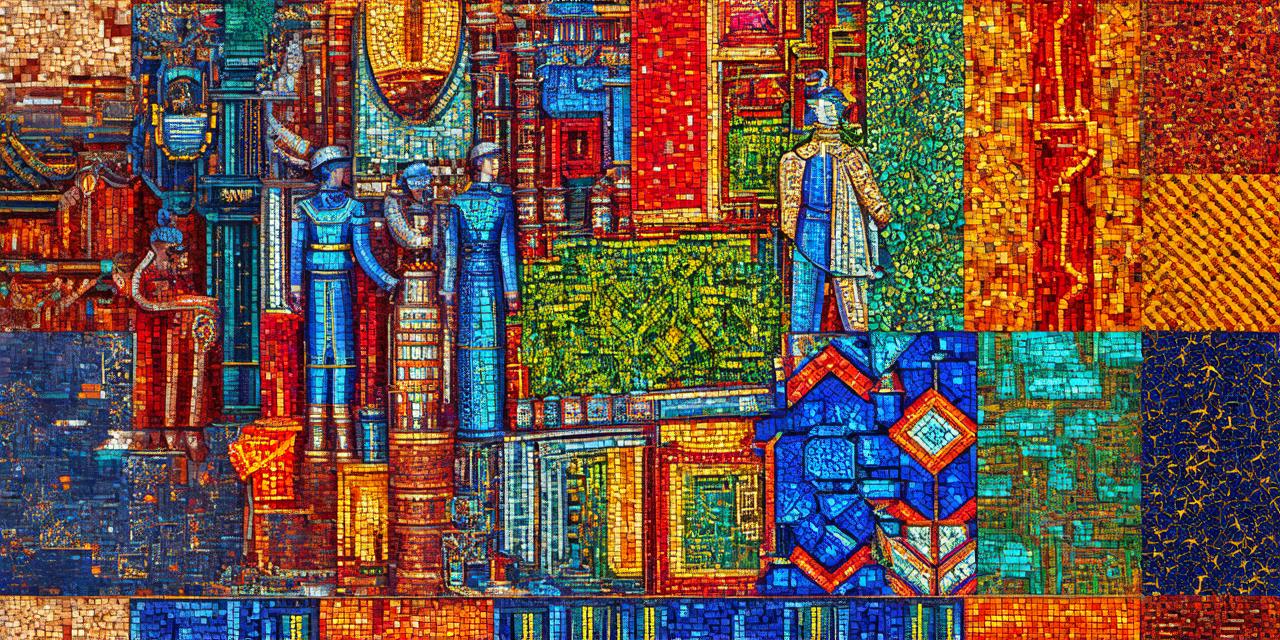Unity is a popular game engine that has gained significant popularity in recent years due to its flexibility, user-friendly interface, and wide range of features. However, like any other software, it comes with a price tag. In this article, we will explore the various costs associated with using Unity and evaluate their impact on the overall value of the engine.

Costs of Unity:
1. Licensing fees: Unity offers three different licensing options – Personal, Plus, and Pro. The Personal version is free for personal use and small-scale commercial projects. However, for larger projects, the Plus and Pro versions require a subscription fee. The Plus version costs $25 per month, while the Pro version requires a one-time payment of $1,990.
2. Hardware requirements: Unity requires a certain level of hardware to run smoothly. The minimum hardware requirements are a 64-bit operating system, 4GB RAM, and a dual-core processor. Higher hardware specifications are required for more complex projects. This can result in additional costs associated with purchasing or upgrading hardware.
3. Development time: Unity has a steep learning curve, especially for beginners. It takes time to master its features and tools, which can impact the development time of a project. This can lead to additional costs associated with hiring experienced developers or investing in training programs
4. Plugins and assets: Unity has a vast library of plugins and assets that can enhance the functionality and visual appeal of a game. However, these come at an additional cost, which can add up quickly.
Benefits of Unity:
1. Cross-platform development: Unity supports multiple platforms such as Windows, macOS, iOS, Android, and more. This allows developers to create games that can run on a wide range of devices, reducing the need for separate development processes for each platform.
2. Flexibility: Unity offers a lot of flexibility when it comes to game design and development. It has a vast library of tools and features that allow developers to create complex games with minimal coding
3. Large community support: Unity has a large and active community of developers who contribute to its development and share their knowledge through forums, tutorials, and other resources. This can be a valuable asset for beginners and experienced developers alike.
4. Future-proofing: Unity is constantly updated with new features and improvements, ensuring that it remains relevant and up-to-date with the latest technologies.
Summary:
The price tag of unity varies depending on the licensing option, hardware requirements, development time, plugins, and assets used. While there are costs associated with using Unity, its benefits such as cross-platform development, flexibility, community support, and future-proofing make it a worthwhile investment for game developers. Ultimately, the decision to use Unity depends on the size and complexity of the project and the budget available.
